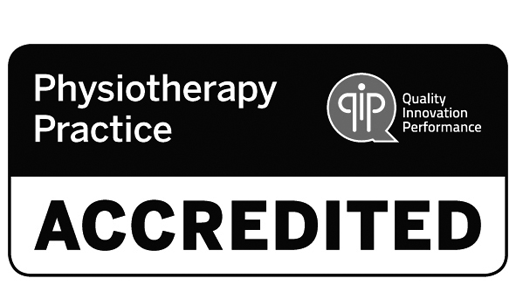During pregnancy, there is a large amount of pressure placed on the pelvic floor muscles. Imagine the pelvis is like a trampoline; the rim being the bones of the pelvis, the springs being the ligaments and the mat being the pelvic floor muscles. The weight of the growing baby, hormonal changes and weight gain, weaken and stretch the mat and the springs, which is exacerbated further by vaginal birth. It is well known that weakness of the pelvic floor muscles (the mat) can lead to the development of poor control of the bladder and bowel (incontinence) and pelvic organ prolapse.
Healthy pelvic floor muscles are so important for bladder control, bowel control, preventing prolapse, and sexual function, so it makes good sense to look after them. Have you been looking after yours? Here’s our 5 top tips for a healthy pelvic floor. Prevention really is better than a cure...






